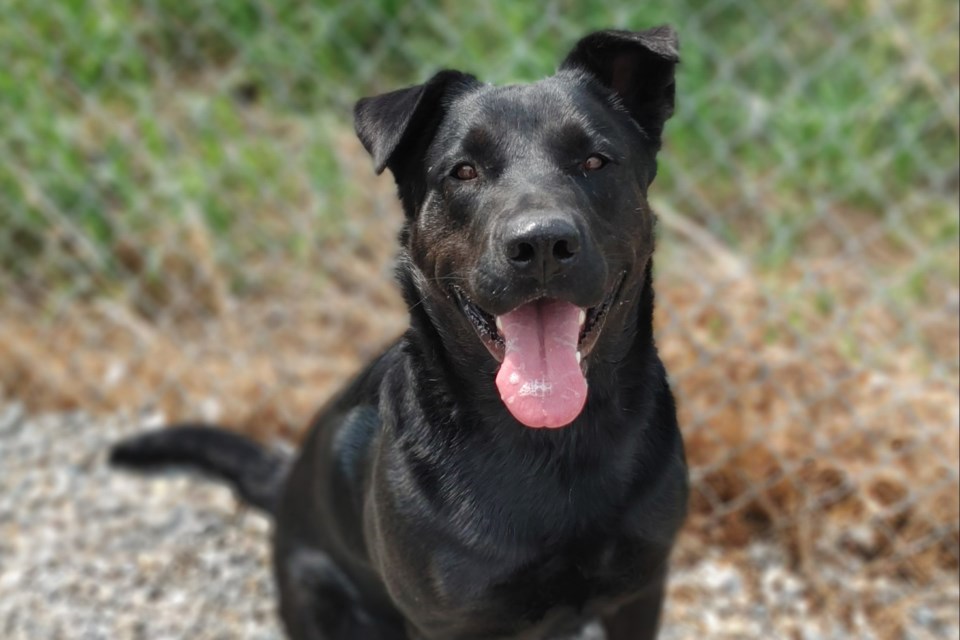LAKELAND – In the Lakeland region, a handful of animal shelters stand as refuge, providing a lifeline to dogs who have no home.
Lakeland This Week spoke to some of these shelters, in honour of National Mutt Day, which is set for July 31, seeking an update on how the local shelters are doing, and what challenges they are facing.
Not enough spaces
Speaking of challenges, the Bonnyville & District’s Society for the Prevention of Cruelty to Animals (SPCA), a non-profit organization relying on donations to rescue as many dogs as they can, stated that with its total 14 kennels, the organization is struggling to keep up with the high demand.
This is, in part, due to the shelter being unable to vaccinate or deworm a dog before a 72-hour holding period, as required by law, according to Judith Rodriguez, shelter manager at the SPCA. SPCA has five kennels for dogs that cannot be put up for adoption until the holding period is over, and nine kennels for dogs that can be put up for adoption – a maximum total capacity of 14 dogs
“Once a dog is vaccinated, we must wait seven days for the vaccine to provide the immunity needed before that dog can be moved into the adoptable side. Resulting in a minimum of a 10-days stay in isolation,” she explained.
The SPCA’s board is currently trying to find a long-term solution to the problem, she said, adding, “It’s easier to say it than do it because any alternative implies a substantial financial investment.”
Asked of the importance of considering adopting from a shelter rather than buying a dog, Rodriguez said the adopter saves not only the life of one dog, but two. The adopted dog and the dog that could take its place at the shelter.
Rodriguez also said that animal shelters ensure dogs are spayed or neutered, have their vaccines, are dewormed, and have a microchip. Much of the cost falls onto the animal shelters.
The sentiment was confirmed by Angel Bigelow, manager at the Lac La Biche Regional Humane Society (LLBRHS), and Lewis Romanovich, a staff member at the St. Paul Animal Shelter.
Romanovich said buying a dog is more expensive, as the buyer would still have to pay for the spaying and neutering of the dog.
Bigelow expressed her sorrow with how many dogs are being abandoned across the province. During the pandemic lockdowns, many families adopted pets, but when the lockdowns lifted, many pets were abandoned.
“We’re over capacity right now. We have more animals than we actually have the space to care for,” said Bigelow.
LLBRHS is always looking for foster homes for animals, said Bigelow, noting its dog shelter is at full capacity.
Of course, it’s not that they don’t want to help any more dogs, but there is simply no space to accommodate more, she said. “We’re a non-profit, so we have very limited funds.”
Of course, there is light at the end of the tunnel. When people foster and fall in love with the pet they’ve adopted, “Those are the amazing things that we need,” said Bigelow.
Volunteers
In addition to foster homes for animals, most animal shelters also require more volunteers.
This was echoed by Romanovich. While the St. Paul Animal Shelter is not facing over-capacity challenges right now, they are seeking volunteers to come in and help walk the dogs that are in care, from 12 p.m. to 4 p.m., Wednesdays to Sundays.
Despite the challenges, the shelters thanked their respective communities for their continued support and donations.



